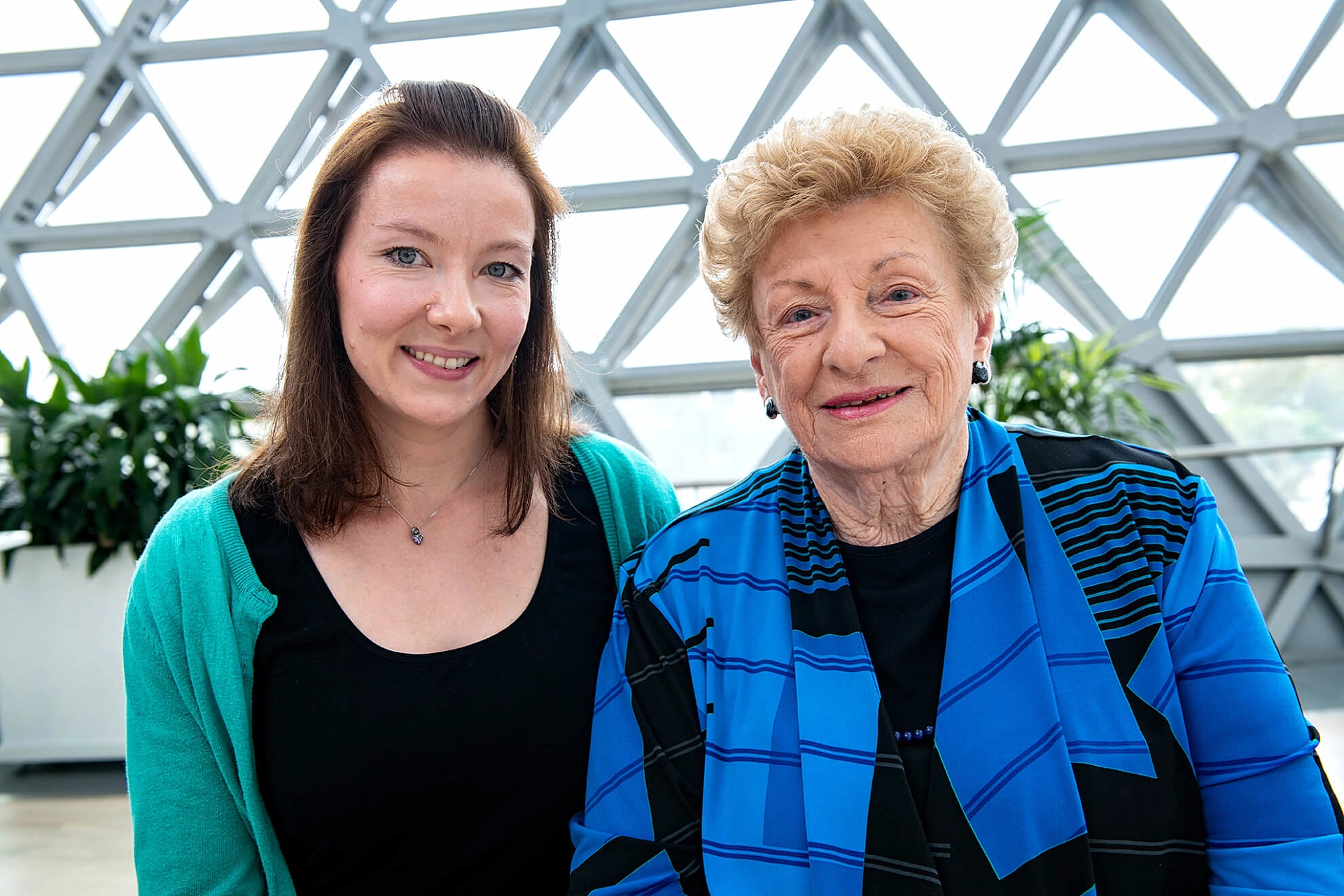The focus of this research is to generate patient-derived xenograft (PDX) and transgenic mouse models of T-cell Acute Lymphoblastic Leukaemia (T-ALL) for all T-ALL patient samples received in the laboratory.
These mouse models will be used to examine repurposing of drugs and testing novel therapies. The models will also provide therapeutic options for pre-emptive intervention in the case of therapy-resistant disease.
This project will facilitate the formation of a unique clinical sample repository enabling in-depth investigation of relapsed disease. The outcomes of this research will provide clinicians with an arsenal of effective targeted therapies and will improve health outcomes for Australians with T-ALL.
The mouse models developed will fulfill an unmet pre-clinical need by providing validated, alternate therapies should a patient relapse following their current treatment regimen.
T-ALL is a genetically complex, high-risk disease affecting both children and adults and novel treatments are urgently required.


